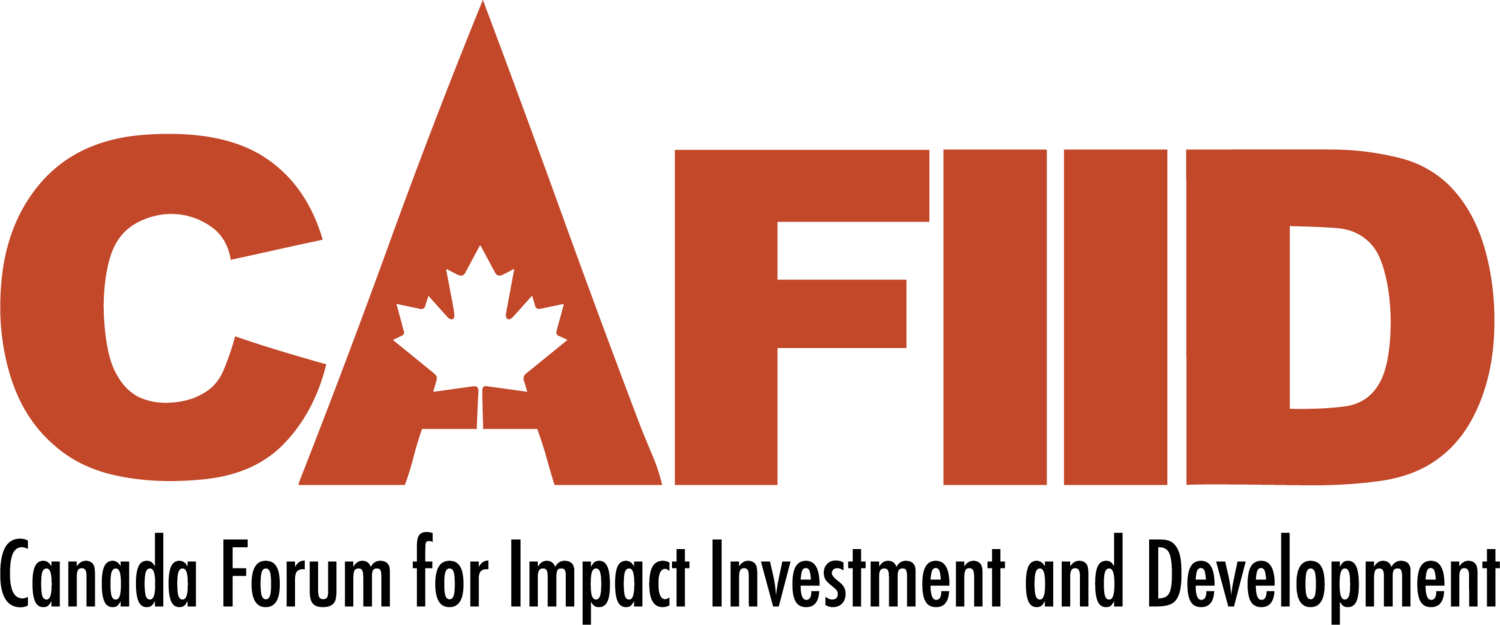MEDA: Addressing Gender Disparities in Access to Finance
Mennonite Economic Development Associates (MEDA) is an international economic development organization with headquarters located in Waterloo, Canada. MEDA’s target geographies include emerging economies in Africa, Asia, and South America. Its target populations are investment vehicles (IVs) and enterprises (including women-led enterprises), with a focus on women and youth. Sectors of focus span across market systems and value chains, climate-smart agriculture, inclusive financial services, and impact investment.
The Mastercard Foundation Africa Growth Fund
MEDA, as the implementing partner of the USD 200 million Mastercard Foundation Africa Growth Fund (“the Fund”), has a pivotal and multifaceted mandate focused on gender lens investing (GLI) and sustainable economic development. Its primary objective is to systematically integrate gender diversity, equity, and inclusion (GDEI) principles into all aspects of the Fund's operations.
The Fund’s target region is Sub-Saharan Africa with a specific focus on the Young Africa Works (YAW) countries, namely in East Africa (Ethiopia, Kenya, Uganda, and Rwanda) and West Africa (Ghana, Nigeria, and Senegal). High-impact sectors are prioritized, with a specific focus on manufacturing, agribusiness, education, health, technology, and tourism and hospitality. Target populations include youth, especially young women.
Over this five-year program, the Fund will systematically address gender disparities in access to finance, employment opportunities, and entrepreneurship across Sub-Saharan Africa. It aims to promote gender equity by ensuring that women and youth are active participants in economic growth and development. Several approaches are employed in the implementation of the GLI mandate of the Fund, including investing in Africa-focused, locally-rooted IVs targeting small and medium-sized enterprises (SMEs), prioritizing dynamic and high-growth SMEs as major job creators, incorporating gender-sensitive approaches and considerations throughout its investments, and monitoring and evaluating the impact of its GLI efforts. Through these approaches, the Fund expects to realize the following outcomes:
increased access to finance for gender diverse enterprises;
enhanced economic and employment opportunities for women and youth;
improved gender equity and inclusion across the continent;
change the impact investing ecosystem.
The Fund collaborates with a consortium of strategic partners, including MEDA as Lead and Implementing Partner, Investisseurs et Partenaires as Fund Advisor, Entrepreneurial Solutions Partners as Business Development Service Advisor, Genesis Analytics as Learning Partner, Criterion Institute as GDEI Partner, and Africa Communications Media Group as Communications Partner.
Results and Challenges
The following headline results as of 2023 reflect a commitment to advancing gender equity and inclusion within the Fund's investments and operations to promote social inclusivity and gender equality across the continent:
USD 25.8 million approved for investment to 6 IVs;
9 SMEs funded through the IVs;
100% of SMEs satisfy one of the 2X Challenge criteria;
44% of SMEs satisfy two of the 2X Challenge criteria;
722 direct dignified jobs maintained.
These accomplishments are the result of a multifaceted approach that includes:
Institutionalization of a GDEI strategy into the activities of the Fund’s consortium partners. This includes applying a gender lens during the screening of IVs, conducting GDEI assessments on SMEs within IVs, and developing Gender Action Plans to advance gender equity and inclusion;
Capacity strengthening for consortium partners to understand and align with GDEI principles’
Progress tracking through development of indicators to monitor the progress of GDEI institutionalization across consortium partners' processes’;
Development of an Impact Analysis and Decision Matrix tool to determine the potential impact of investments on shifting and existing power imbalances in targeted ways;
Gender-related due diligence for potential IVs, considering factors such as women's representation in leadership positions and impact measurement processes;
Establishment of a gender seat within the governance structures of IVs.
Despite these significant achievements, the Fund has encountered two key challenges in its journey:
Power dynamics and individual biases can affect evaluations, monitoring, and measurement practices within the investment process;
IVs operate at varying levels of system and process implementation. Customizing due diligence tools to accommodate this diversity is essential for context-specific gender issue identification and resolution.
Lessons Learned
The comprehensive approaches the Fund has taken are fundamental to achieving meaningful gender equity outcomes across Sub-Saharan Africa. These include integrating GDEI principles into IV screening, developing Gender Action Plans, and conducting comprehensive due diligence that assesses potential IVs based on gender-related factors.
Strengthening the capacity of consortium partners to understand and align with GDEI principles has also been emphasized as an ongoing process that leads to more effective gender-related interventions. Through monitoring and evaluation mechanisms that track the progress of GDEI institutionalization, continuous assessment and informed decision-making can take place.
The Fund's commitment to addressing biases and power dynamics within investment processes has been an additional area of importance, along with adapting due diligence tools to accommodate different IVs' readiness and capacity levels.
Finally, collaborative efforts with experts and organizations specializing in GDEI have significantly enhanced the Fund's ability to implement GLI effectively.
For more information, contact Vymala Thuron, Deputy Managing Director, Mastercard Foundation Africa Growth Fund: vthuron@meda.org
September, 2023
This publication is made possible by the Government of Canada's Investment Readiness Program and CAFIID’s Gender Lens Investing Community of Practice








